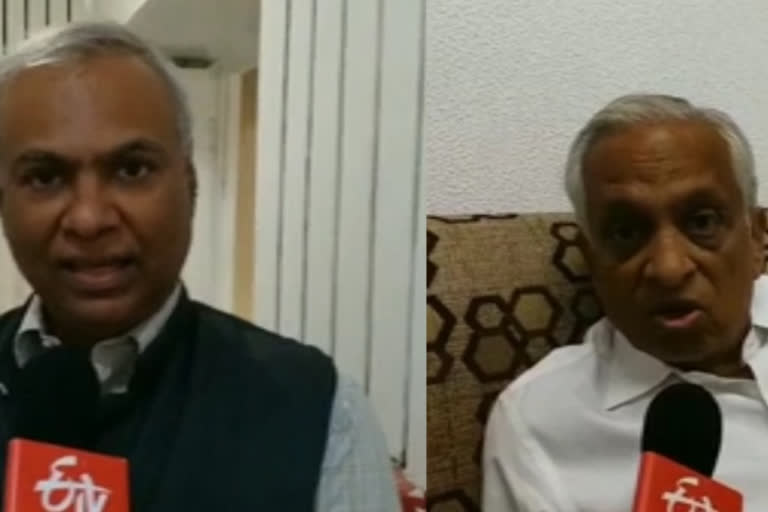New Delhi: A day after Home Minister Amit Shah said that his government has taken steps to make the Right to Information Act (RTI) transparent, Sarabjit Roy, national convenor of India Against Corruption on Saturday claimed that Public Information Officer (PIOs) do not give information on controversial matter, "rather they are interested to defend their department."
"It's true that there is lots of information on the public domain. But it is impossible to get information on controversial issues. PIOs should give information but they are interested in defending their own department," said Sarabjit Roy, national convenor of India Against Corruption.
It was in 2011 when Roy and his movement brought thousands of citizens on the street protesting against corruption.
Roy's claim clearly contradicts Home Minister Amit Shah's statement that the incumbent government at the Centre has taken several steps which have minimised the RTI filling.
Earlier in the day, Shah while addressing the 24th convention of Central Information Commission (CIC) said that the RTI Act has been able to bridge the gap between the people and government.
"The RTI regime has been destroyed by the public authorities by denying information to the citizens," said Roy.
He said that the Supreme Court has also given pro-RTI judgement "but PIOs are misusing it."
Roy was involved in the drafting of RTI Act in 2005.
Another RTI activist Subhas Chandra Agrawal said that there should be uniformity in terms of RTI fees.
"Uniform fees at both state and central level, could definitely stop the misuse of RTI," said Agarwal.
Meanwhile, a report card on the performance of information commission in India compiled by Satark Nagrik Sangathan and the Centre for Equity Studies has revealed that the government officials hardly face any punishment for violating the law by denying applicants the legitimate information sought by them.
State and Central Information Commission, which are the courts of appeal under the Act, failed to impose penalties in about 97 per cent of the cases where violations took place in 2018-19, the report card said.
Also read: Haryana polls: INLD promises farm loan waiver; MSP with 50% profit



